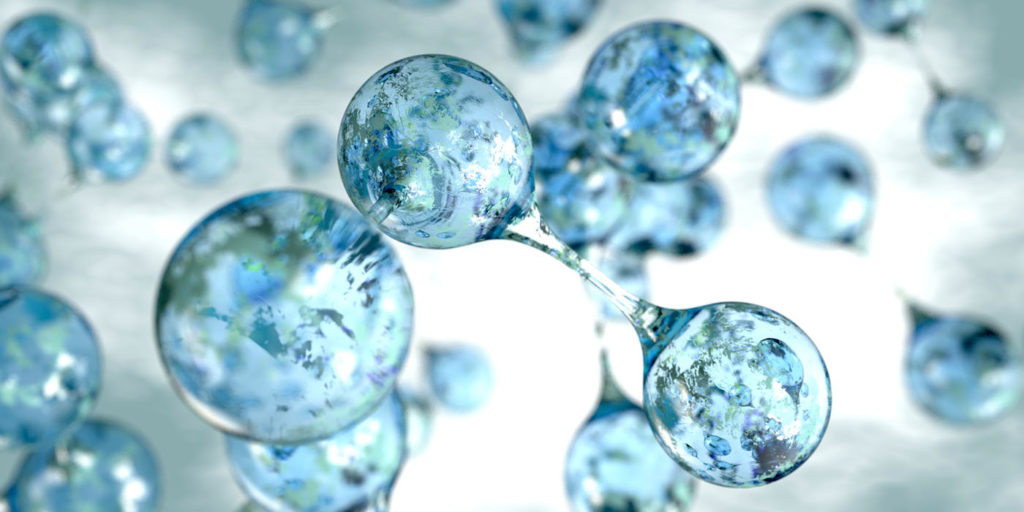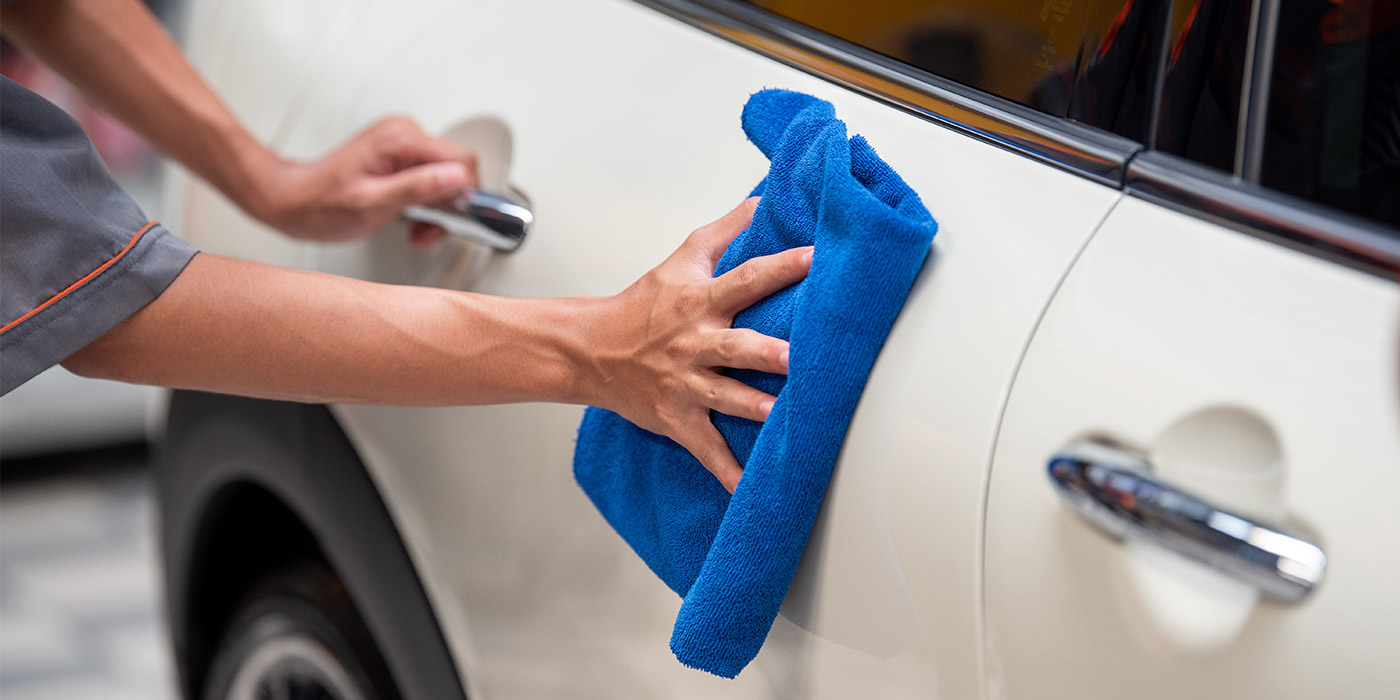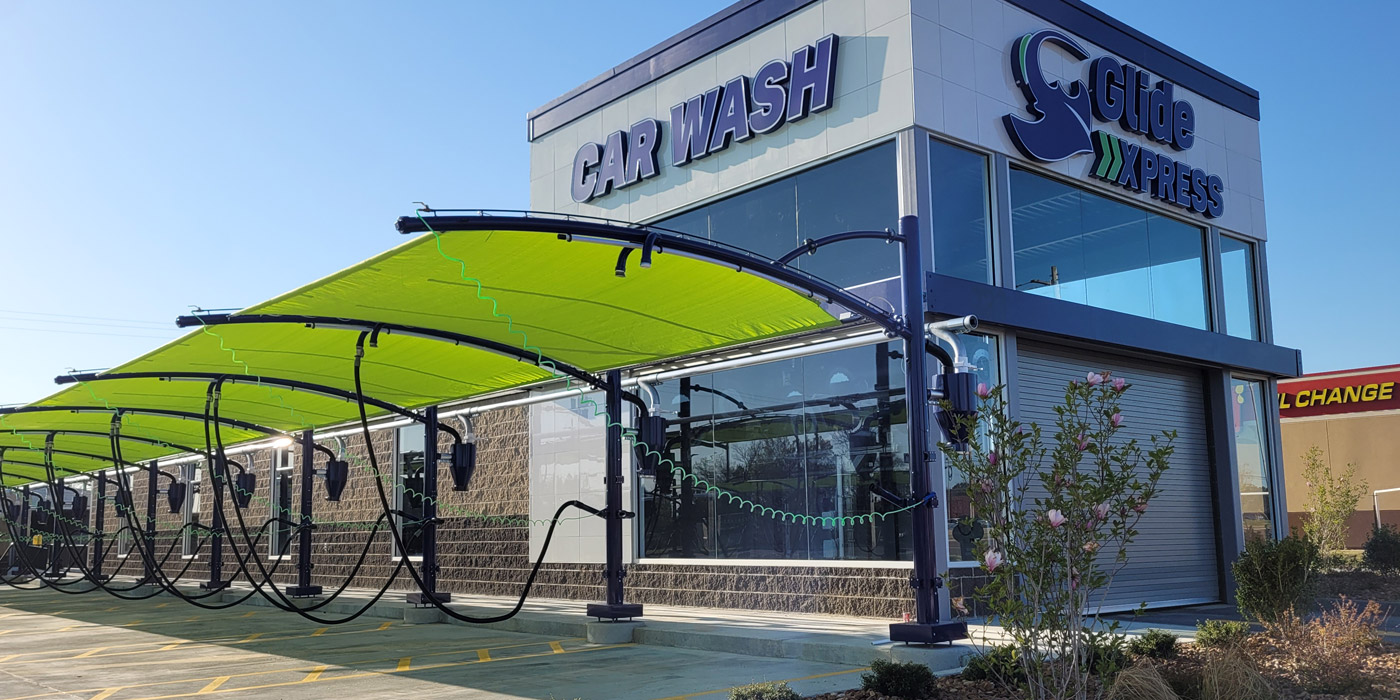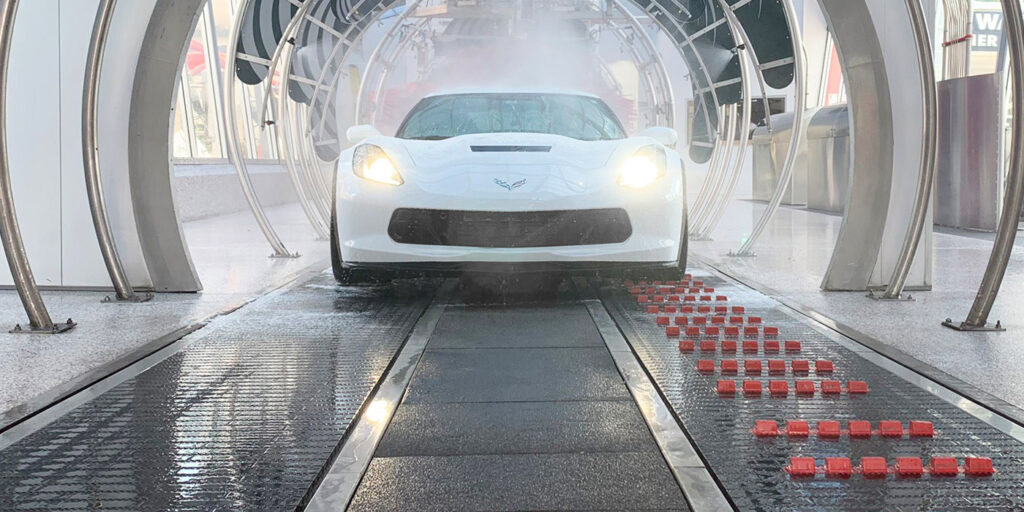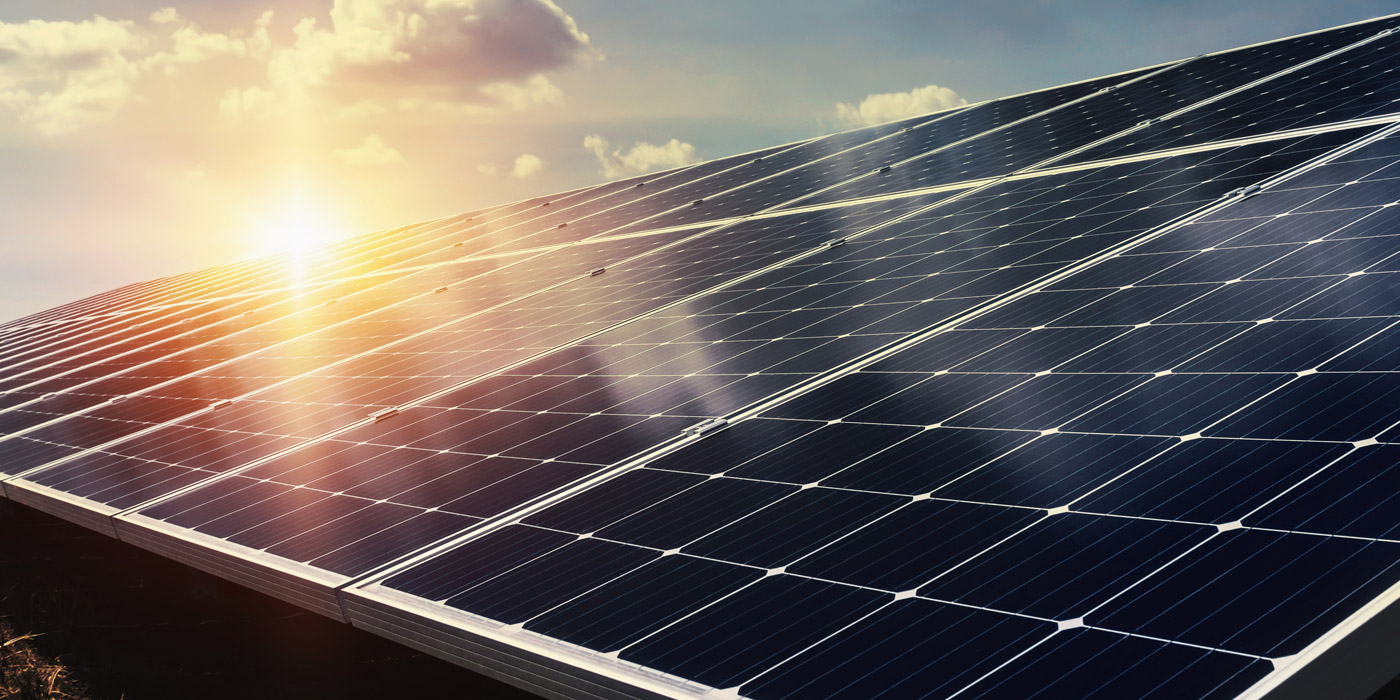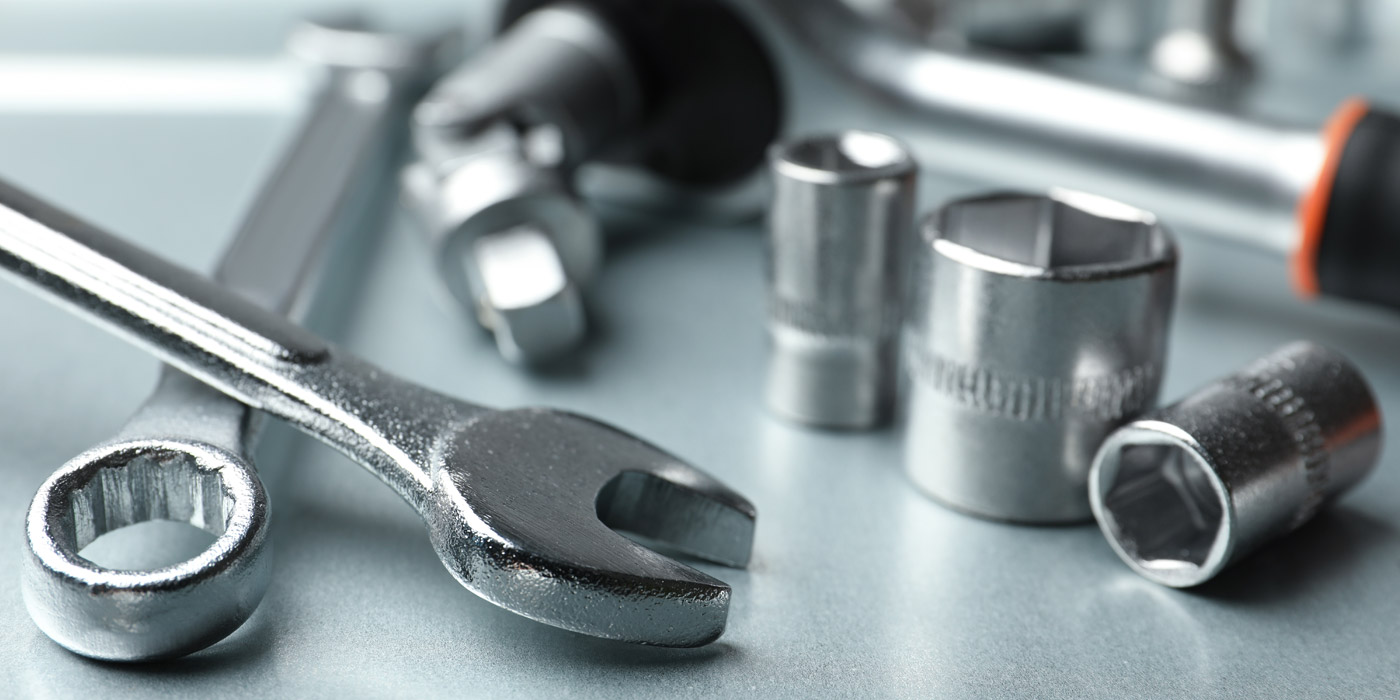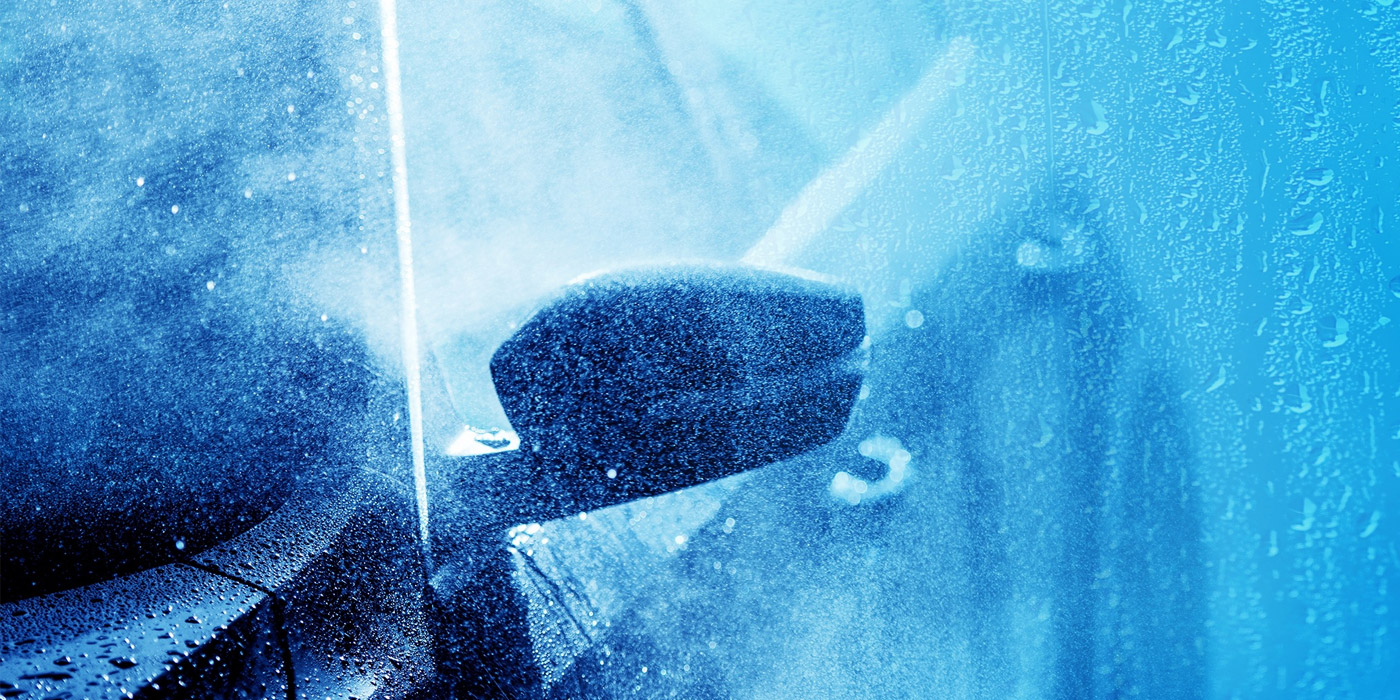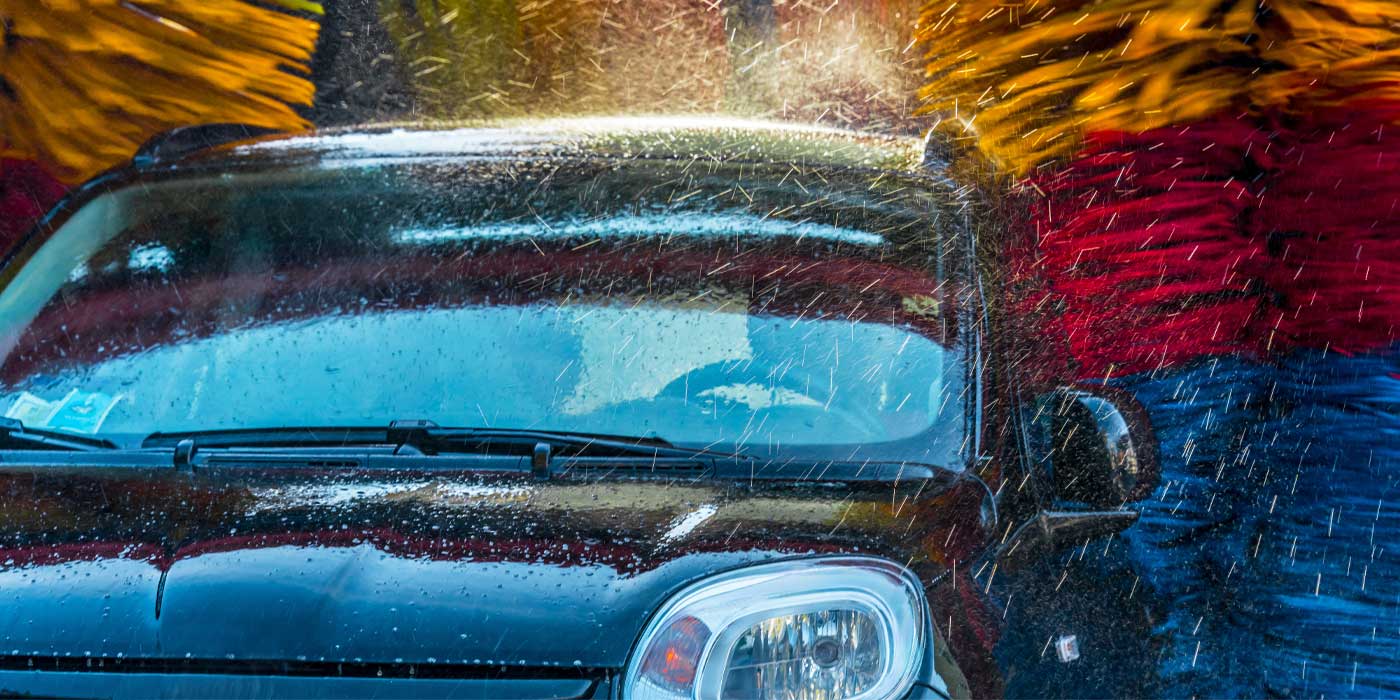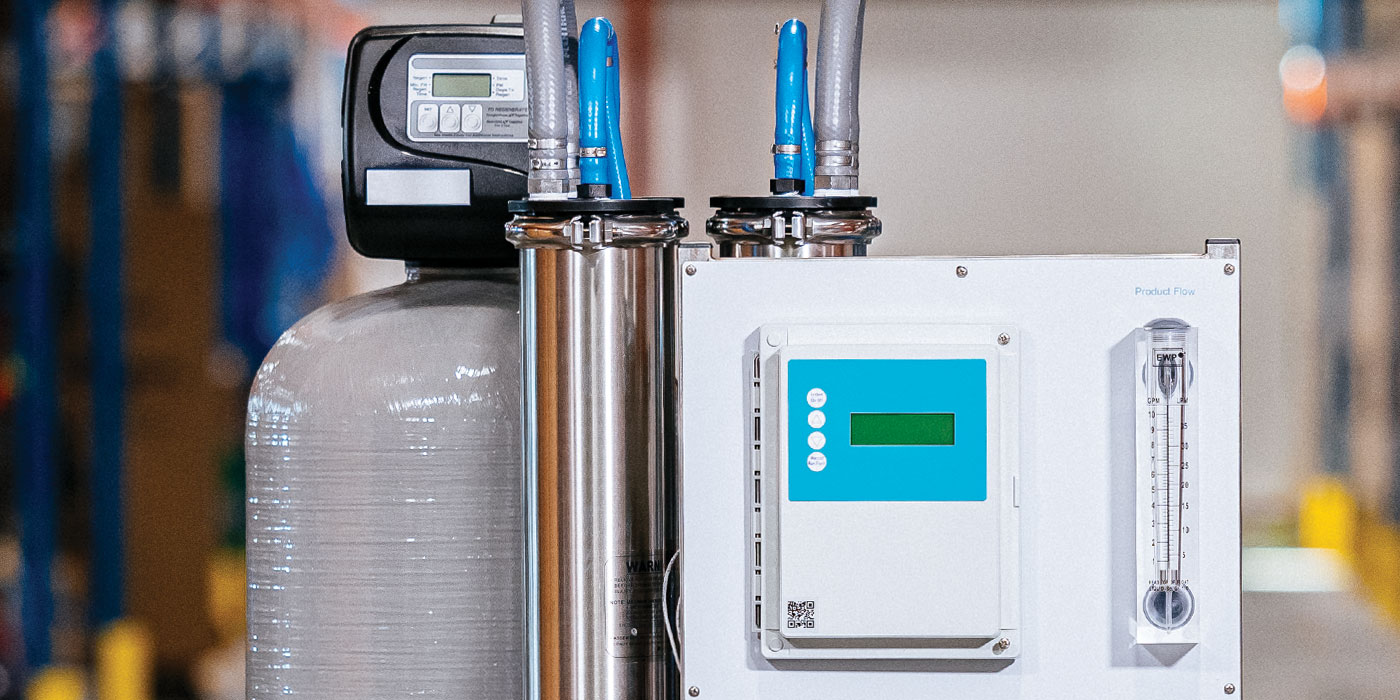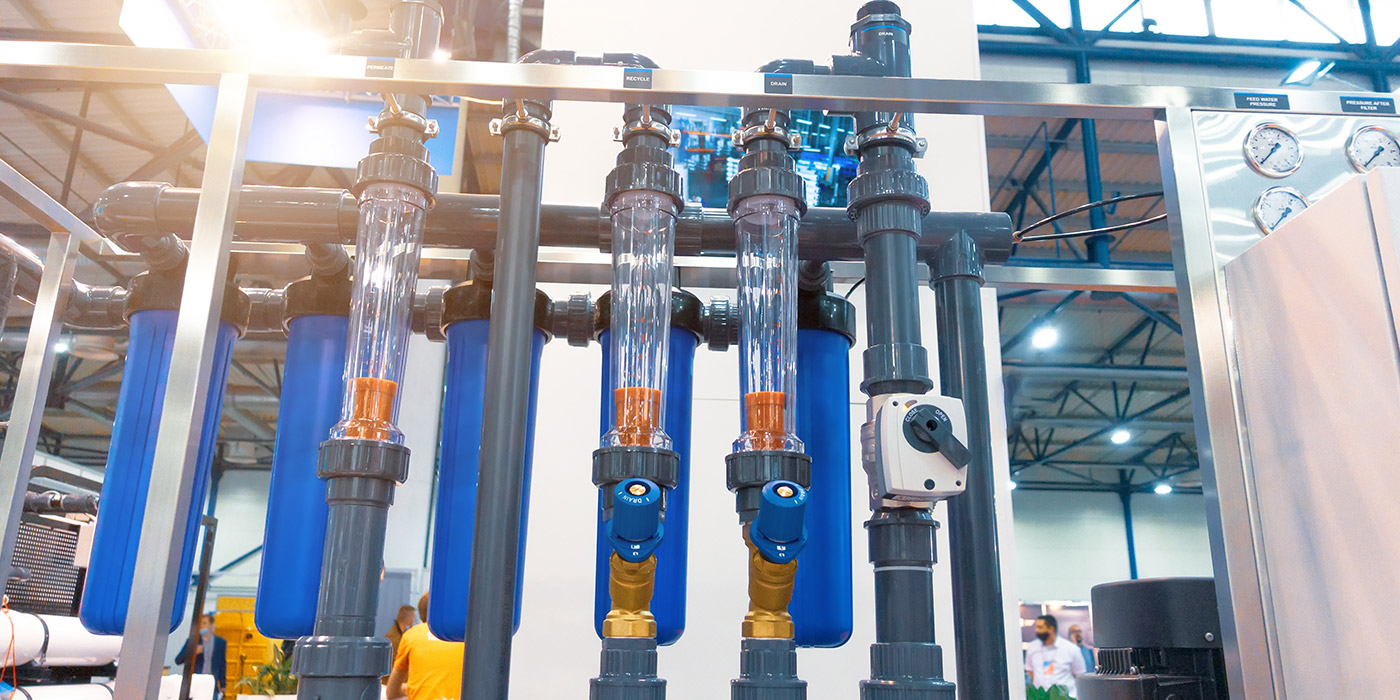Many things factor into building repeat business for your carwash. Location, hours and price all have a place in turning casual customers into loyal, repeat customers. But, the most important consideration is the quality of wash that you’re providing. Giving your customers a gleaming, spot-free vehicle for their money is essential to building a loyal customer base.
The quality of wash you provide depends on the equipment, soap quality, rinse aids and waxes you use, but most importantly, it depends on the quality of the water you’re using. If your water has impurities like hardness and other unwanted minerals, even the best equipment and soaps can’t compensate for it. You’ll be offering a lower-quality wash than carwashes who have properly treated their water to remove impurities.
In this article, you’ll find out how and why water quality impacts the quality of a wash as well as your bottom line, so that you can find the right solutions to offer your customers a top-quality wash.
Types of water
Carwashes use three types of water: hard water, soft water and reverse osmosis (RO) water. Water supplied by your municipality, local water supplier or well is most often hard, but in certain areas of the U.S., it may be naturally soft.
What makes each of these types of water different is what else is lurking in the water. Minerals in compounds like calcium, sodium, bicarbonates, chlorides, etc., can all be part of the water composition. The sum of these minerals in water is what is commonly referred to as total dissolved solids (TDS). It’s these minerals, or lack thereof, that determine the quality of your wash.
Hard water
Hard water is water that contains hardness minerals: calcium, magnesium, iron and manganese. Hard water costs your carwash money and diminishes your wash quality by:
- Increasing soap and detergent use
- Causing scale in pipes and clogging spray nozzles
- Leaving white spots on vehicles
- Creating calcium buildup on water heater elements, which leads to higher energy and maintenance/replacement costs.
If we compare a car washed with hard water to a car washed with soft water, we’d find that we need to spend extra money on soap for the hard water wash to achieve a comparable quality of clean as the soft water wash. This is because hardness minerals reduce the cleaning power of soaps and detergents.
In 2010, the Water Quality Research Foundation (WQRF) released “The Energy Savings Study” (or “The Battelle Study”),which provided quantified benefits of softened water on energy and detergent savings. While the study examined the effects of soft water on residential water-using appliances, the findings have applications for commercial use, including carwashes.
Related: The economics of water softening
Key findings from the report include:
- Up to 70% of detergent savings were observed for dishwashing when using softened water over hard water.
- Depending on the dirtiness, reducing water hardness was found to be up to 12 times more effective at soil removal than increasing detergent dosages.
- Reducing water hardness was approximately six times more effective at reducing spotting and twice as effective at reducing filming than increasing detergent usage.
- Air drying is promising to provide better results when soft water is used rather than hard water.1
The study’s findings support the role of soft water in both improving wash quality and reducing detergent costs. This example outlines the potential savings of introducing a water softener to a carwash currently using hard water.
Detergent and chemical costs per wash
- Basic carwash: $0.45/car
- Deluxe carwash: $1.20/car
- Average wash cost: $0.64/car.2
Estimated detergent/chemical costs
- $0.64 × 55 washes/day = $35.20 (estimated daily cost)
- $35.20 × 365 = $12,848 (estimated annual cost).3
Potential annual detergent and chemical savings
According to the WQRF’s “Softened Water Benefits Study,” soft water can reduce detergent use by as much as 50%. Therefore, we can calculate the following:
- $12,848 × 0.5* = $6,424 (*estimated annual savings in a market with hard water).
Soft water
Soft water is defined by American National Standards NSF/ANSI 44 and NSF/ANSI 330 as water containing less than 1 grain of hardness per gallon (or less than 17.1 milligrams per liter hardness).4
In a few areas of the U.S., the raw water is naturally soft. However, for the vast majority of U.S. homeowners and business owners, having soft water means using a water softener to remove the hardness minerals from the water.
The advantages of soft water include:
- A lower surface tension (dirt is more easily absorbed and rinsed away)
- Lower soap and detergent use and cost
- No scale buildup in pipes and on spray nozzles (reducing maintenance costs)
- Decreased energy use and the elimination of scale buildup in your hot water heater.
One last, very important point about soft water is that it can still have a significant level of TDS. This means that, when left to dry on its own without being rinsed, blown off or towel dried, soft water can still leave white spots or residue. For this reason, soft water is ideal for the cleaning phases of a carwash (pre-rinse, foam wash, high-pressure rinse) rather than the final rinse.
Reverse osmosis water
Reverse osmosis (RO) water offers the same benefits as soft water with the added benefits of having a lower surface tension and almost no TDS. It’s important to note that the quality of the RO water produced depends on the quality of the original water.
RO systems use high pressures to drive water through a very fine membrane, producing water that has almost no minerals in it. RO water is ideal for use in all places where soft water is; however, RO systems are more expensive to purchase and operate than water softeners. They also generate a waste stream of high TDS water. As a carwash owner, the best value is to save RO water for the final rinse of your customer’s vehicle.
Choosing the right solution
Choosing the right water conditioning solutions for your business starts with testing your water. If you are on a municipal water supply, look for an experienced plumber or water dealer who can test your water for hardness and TDS. If you’re on well water, you may want to have the water tested by a local professional, county health department or a state-certified laboratory. The test results are the starting point to determine the conditioning (or treatment) required to achieve your desired soft water and RO water results.
Water softeners that use ion exchange resin are by far the most accepted and reliable technology for removing hardness minerals. Look for equipment that is third-party certified, giving you assurance that the product’s performance matches its claim. When comparing manufacturers, it’s important to choose a company that has a proven track record of successful commercial applications, can be serviced locally and is a reliable source of replacement and maintenance parts for down the road.
Maintaining water quality
Once you’ve made an investment in water conditioning equipment, it’s important to remember that it needs regular maintenance so as to ensure it works properly. Periodic checks for hardness and TDS levels in your carwash throughout the year are a good way to make sure your systems are performing effectively.
Related: Best practices for water quality and testing
Water softeners that are not properly sized (too big or too small), outdated or not working properly can allow hard water to pass through the system to your wash bays or tunnel. Whatever the reason, you could be missing out on the benefits of soft water without even knowing it. In addition, annual checks on different parts of the equipment based on manufacturer recommendations will protect your warranty and make sure your equipment is performing according to its full capabilities.
Don’t overlook the benefits soft water can provide to your business. Whether it’s the cost savings or the improved quality of the wash you’re after, proper water treatment will make a noticeable impact on the health of your carwash business.
Jeff Hubbard is the director of business development commercial products, U.S. for Canature WaterGroup. With over 28 years of industry experience and nearly a decade with Canature WaterGroup, Jeff has an in-depth knowledge of water treatment with a strong background in training, sales, service, application and troubleshooting. You can reach Jeff at [email protected].
Sources:
1Executive Summaries Softened Water Benefits Study, 2011, p.11.
4http://www.wqa.org/learn-about-water/perceptible-issues/scale-deposits

